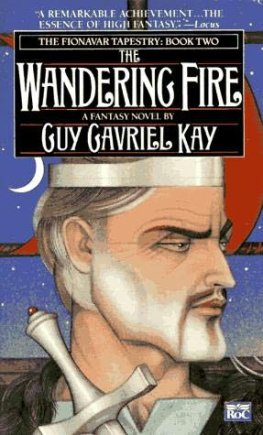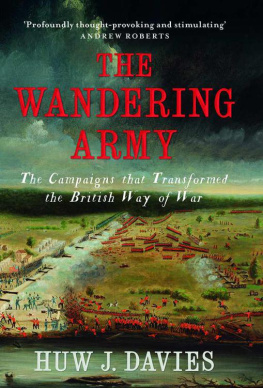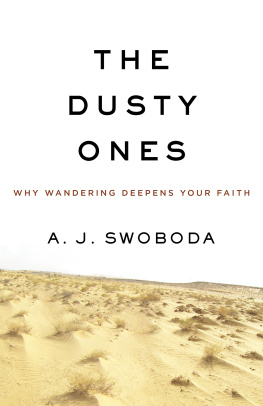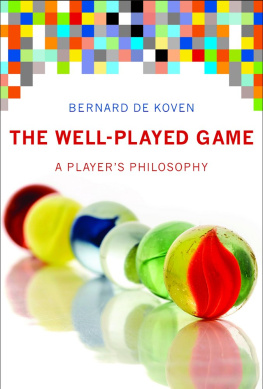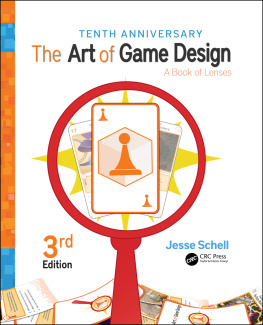Contents
List of Figures
- Figure 1.1
Avraham Soskin, photograph of land lottery at the founding of Tel Aviv, 1909. National Archives (UK). - Figure 3.1
Wanderer above the Sea of Fog, 1817, by Caspar David Friedrich. Kunsthalle Hamburg. Public domain, via Wikimedia Commons. - Figure 3.2
The Legend of Zelda: Breath of the Wild (Nintendo, 2017). Author screenshot of title screen. - Figure 3.4
Eastshade Game Development Time Lapse (2015). Author screenshots of Eastshade Studios. - Figure 4.1
Circular record of the days in Ritual, reminiscent of contraceptive pill packaging. Author screenshot. - Figure 4.2
Comet approaching the Earth in Ritual. Author screenshot. - Figure 5.1
Columbus: Das Spiel fr mutige Seefahrer (Columbus: A Game for Brave Mariners), designed by Wolfgang Kramer for Ravensburger Spiele, 1991. Photograph by author. - Figure 5.2
Reise um die Erde (Trip around the World), designed by Otto Meier for Ravensburger Spiele, 1884. Photograph by author. - Figure 5.3
Cover illustration, Reise um die Erde (Trip around the World), Ravensburger Spiele, 1884. Photograph by author. - Figure 6.1
The Ancient word for knowledge. Authors screenshot of Heavens Vault.
Guide
Pagebreaks of the print version
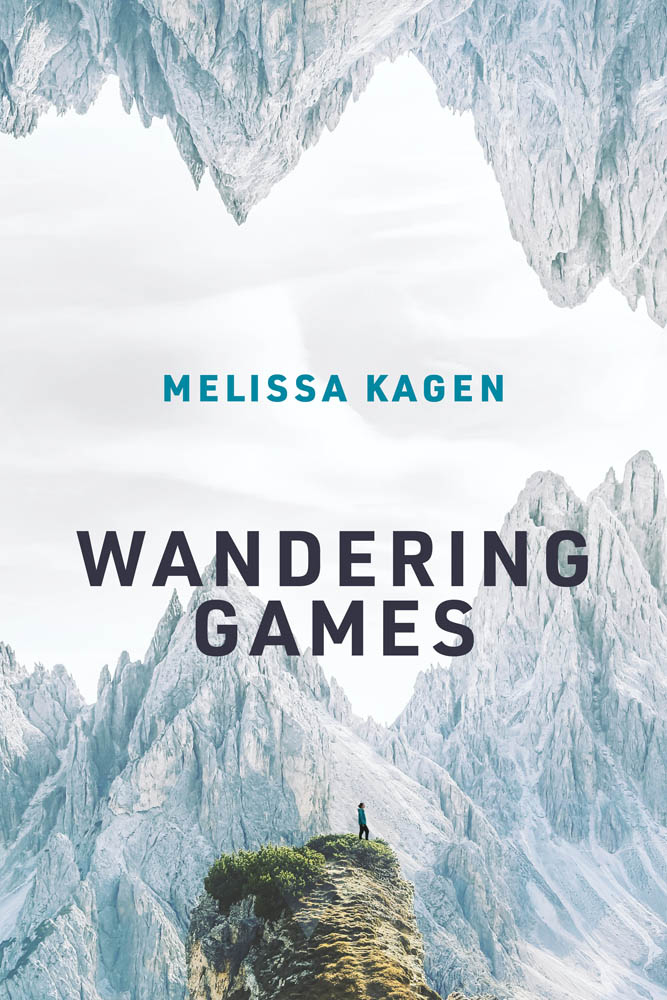
Wandering Games
Melissa Kagen
The MIT Press
Cambridge, Massachusetts
London, England
2022 Massachusetts Institute of Technology
This work is subject to a Creative Commons CC-BY-NC-ND license.
Subject to such license, all rights are reserved.

The MIT Press would like to thank the anonymous peer reviewers who provided comments on drafts of this book. The generous work of academic experts is essential for establishing the authority and quality of our publications. We acknowledge with gratitude the contributions of these otherwise uncredited readers.
Library of Congress Cataloging-in-Publication Data
Names: Kagen, Melissa, author.
Title: Wandering games / Melissa Kagen.
Description: Cambridge, Massachusetts : The MIT Press, [2022] | Includes bibliographical references and index.
Identifiers: LCCN 2021046835 | ISBN 9780262544245 (paperback)
Subjects: LCSH: Walking simulator games. | Video games.
Classification: LCC GV1469.34.W35 K34 2022 | DDC 794.8dc23/eng/20220603
LC record available at https://lccn.loc.gov/2021046835
d_r0
Contents
List of Figures
- Avraham Soskin, photograph of land lottery at the founding of Tel Aviv, 1909. National Archives (UK).
- Wanderer above the Sea of Fog, 1817, by Caspar David Friedrich. Kunsthalle Hamburg. Public domain, via Wikimedia Commons.
- The Legend of Zelda: Breath of the Wild (Nintendo, 2017). Author screenshot of title screen.
- Eastshade Game Development Time Lapse (2015). Author screenshots of Eastshade Studios.
- Circular record of the days in Ritual, reminiscent of contraceptive pill packaging. Author screenshot.
- Comet approaching the Earth in Ritual. Author screenshot.
- Columbus: Das Spiel fr mutige Seefahrer (Columbus: A Game for Brave Mariners), designed by Wolfgang Kramer for Ravensburger Spiele, 1991. Photograph by author.
- Reise um die Erde (Trip around the World), designed by Otto Meier for Ravensburger Spiele, 1884. Photograph by author.
- Cover illustration, Reise um die Erde (Trip around the World), Ravensburger Spiele, 1884. Photograph by author.
- The Ancient word for knowledge. Authors screenshot of Heavens Vault.
Acknowledgments
What a ridiculous, fun, impossible thing this book has been to write! Im grateful to so many people.
Thank you to Noah Springer, Doug Sery, and Elizabeth Agresta at MIT Press for shepherding me through this process. And thank you very much to the anonymous peer reviewers they solicited, who offered really thoughtful suggestions and critique.
Thank you to the members of the weird and delightful field of game and new media studies, who have welcomed and encouraged me with such kindnessespecially Eben Muse, Lyle Skains, Bo Ruberg, Stuart Moulthrop, Sonia Fizek, Rob Gallagher, Sara Jo Cohen, and Anastasia Salter. And thank you always to Adrian Daub, my Doktorvater.
Thank you sincerely to all the students who took my course Wandering: Philosophy, Play, Performance, Protest at Stanford University (2017), Bangor University in Wales (2019), and Tufts University (2020). Special thanks to Peggy Phelan, who offered me the freedom to develop and teach that course for the first time in 2017.
Heartfelt thanks to all my students who sang, played, and helped bring to life the wandering, site-specific operas I directed at Stanfordsome of the most fun Ive ever had and the creative forerunner of both this book and my career in game studies. Thank you to Marie-Louise Catsalis and Nova Jimnez, who taught me.
Thank you to the amazing community of scholars and artists who participated in the Wandering Games conference at Bangor in 2019. Special thanks to the keynote presenters Kate Craig and Kris Darby, to my Bangor graduate crew who ran it so well (Eoin Murray, Isabel Vincent, Jordan Glendenning, Kate Stuart, Chris Demaude, and Jon Cook), and to those who wrote for the Wandering Games special issue of the Journal of Gaming and Virtual Worlds the following year.
Thank you to my dear writing club and writer friendsLiz Spragins, Caro Egan, Lyle Skains, Karin Koehler, Michaela Hulstyn, Lucy Alford, Natasha Tanna, Lisa Barge, Jenny Strakovskyfor years of workshopping chapter drafts and articles.
To Jenny Strakovsky, my chosen family and ad hoc therapist, who has seen me through this past decade.
To my consigliere, Liz Spragins, whose brilliant editorial acumen and emotional support left a mark on every page.
To my family, all of whom are brilliant, fascinating interlocutorsAndrew, Matthew, Emily, Fern, and my parents, Valerie Stevens and Rick Kagen, who are simply the most wonderful people on the planet.
Speaking of my favorite people, thank you to Kurt James Werner for a decade of songs and an ocean of vegetable soup. Hes the best academic I know, and also really cute.
1Introduction
What does it mean to take a walk in the gamified, late capitalist Anthropocene?
One answer could be the purposeful speed walks of Amazon warehouse low-wage workers, who race around facilities of over a million square feet to find and grab ordered products. Managers expect a worker/walker to locate 100 items per hour. ITS GOING TO BE HARD, warns one Amazon brochure given to temp workers when they begin. You will be on your FEET the entire shift and walking upwards of 12 MILES per shift. (yeah, thats really far!)
Another answer could be the one I spend the next two hundred pages investigating: the virtual wanderings of the millions of players who roam around digital worlds and use them to make meaning.
It may seem a stretch to connect the two. By the end of this book, I hope it wont.
Walking Simulators are exploratory, nonviolent video games without points, goals, or tasks, in which the undying, third-person player character (PC) wanders around a narratively rich space. Classics of the genre emerged as artistic experimentsThe Path




